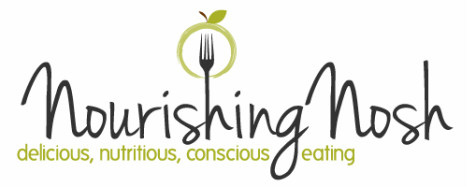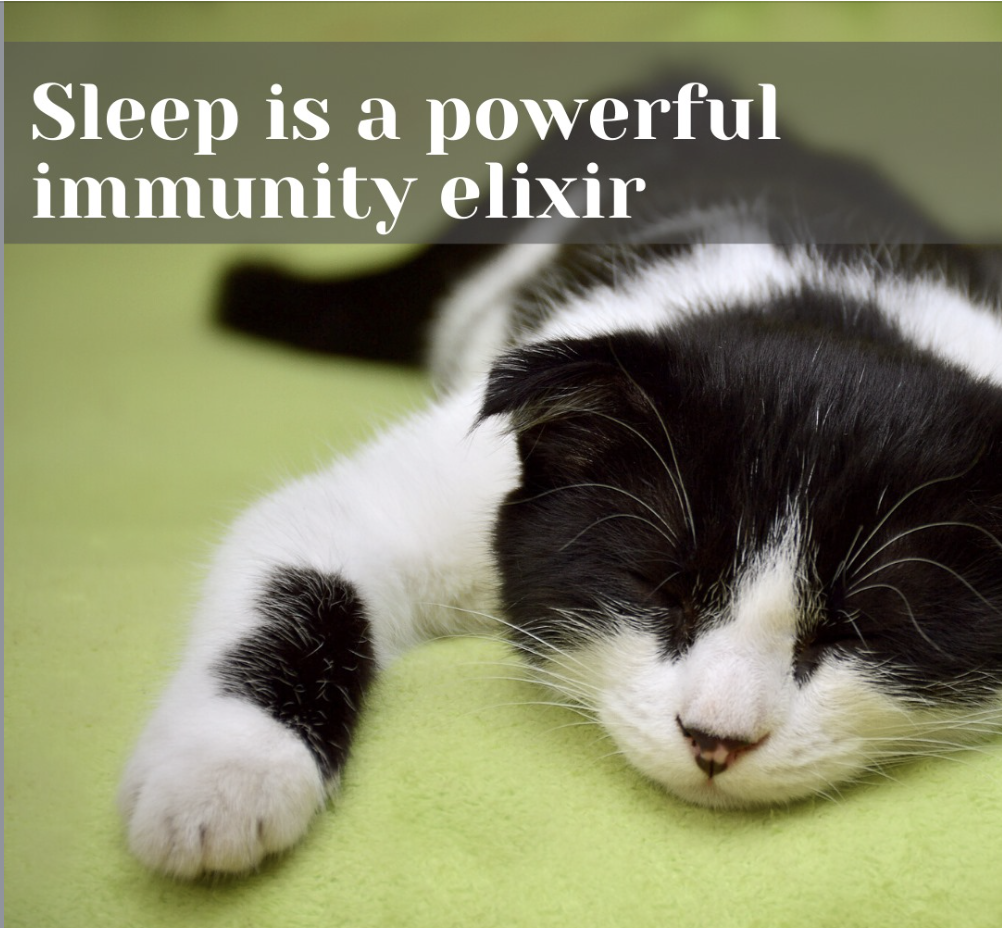|
Understandably you've asked quite a few questions about boosting immunity over the past few months. It's always a valid topic, not just in light of COVID-19.
Immunity covers many physiological processes and can be affected by genetics, nutritional status and lifestyle habits. As such we are going to address immunity in small easily digestible chunks, starting with sleep and what to do if you aren’t getting enough. Sleep is a powerful immunity elixir. Many Australians do not get enough sleep. Sufficient Sleep (7 - 9 hours per day for adults 18+ and much more for the young uns. See below.) Sleep
Sleep allows your busy and potentially anxious mind to take a well needed break. It helps to reduce stress and anxiety. It regulates hormones, appetite and energy levels. Prolonged sleep deficiency (e.g., short sleep duration, sleep disturbance) can lead to chronic, systemic low-grade inflammation and is associated with various diseases that have an inflammatory component, like diabetes, atherosclerosis, and neuro-degeneration. A lack of sleep can exacerbates stress, anxiety and depression. If you are having trouble falling asleep, you could try... - reducing/ stopping caffeine - implementing a sleep hygiene routine and - making sure you are getting enough exercise to make you physically tired The vitamins, minerals and amino acids required to produce the sleep hormone melatonin from serotonin are Tryptophan Magnesium Calcium and Vitamin B6. All are available in a healthy whole food diet but if you are experiencing long term sleep issues however minor, you can also take supplements of tryptophan, magnesium, Calcium and B6. Magnesium is also available as epsom salts for a long soak in the bath. Melatonin is also available as a supplement. There is a wide variety of supplements available online at the natural chemist including practitioner only sleep formulas. HOW MUCH SLEEP IS ENOUGH SLEEP? Newborns (0-3 months): 14-17 hours each day Infants (4-11 months): 12-15 hours Toddlers (1-2 years): 11-14 hours Pre-schoolers (3-5): 10-13 hours School age (6-13): 9-11 hours Teenagers (14-17): 8-10 hours Younger adults (18-25): 7-9 hours Adults (26-64): 7-9 hours Older adults (65+): 7-8 hours NOT GETTING ENOUGH? You are not alone. Inadequate sleep is a regular problem for 40% of all Australians. HERE’S WHY YOU NEED IT! 🧠 Cerebral spinal fluid is pumped more quickly throughout the brain while you sleep. It acts like a dishwasher, whisking away waste products that brain cells make. So you wake up with, quite literally, a clean slate. ❤️ One body part that gets a break during sleep is your heart. Your ticker works hard during the day, so at night during non-REM sleep it takes some pressure off itself by reducing heart rate, as well as blood pressure. ☺️ When you’re awake, your breathing patterns vary greatly. You’ll breathe faster when excited and harder while exercising, for example. But during sleep, your breathing slows down and becomes very regular. 💪 While you sleep, your body releases growth hormones that work to rebuild muscles and joints. The more sleep you get, the better equipped your body will be to repair itself. Stomach Certain foods contain an amino acid called tryptophan that causes sleepiness. Carbohydrates containing B vitamins and magnesium make tryptophan more available to the brain, which is why carbohydrate-heavy meals can make you drowsy and also why carbs with your evening meal can help you sleep. In summary you can eat the best diet and follow an exercise plan like a pro, BUT if you are not getting enough sleep, your immunity can still be compromised. #sleep #immunity #pharmacist #communitycare #boostyourimmunity #magnesium #tryptophan #melotonin #VitaminB6
0 Comments
Leave a Reply. |
Categories
All
Archives
April 2021
|


 RSS Feed
RSS Feed